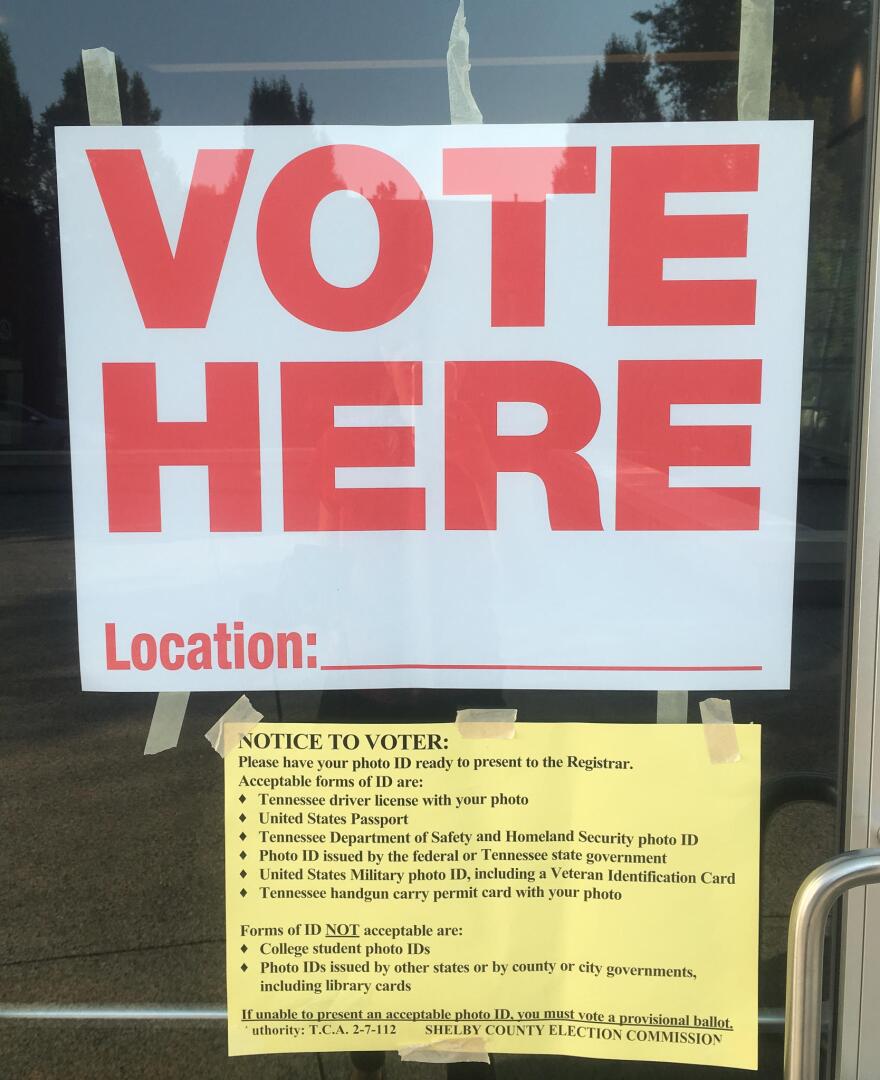With just two weeks until the August 6 primary, a new lawsuit says some Tennessee residents previously convicted of felonies in other states have unlawfully been denied their legal voter registration.
People convicted of certain, lesser felonies in this state can, under current law, get their voting rights restored. Requirements include paying off corresponding court fines or fees.
But there’s a different option for people convicted of out-of-state crimes, and according to the voter advocacy group Campaign Legal Center, the law is straighforward: individuals should only need to prove they’ve had their citizenship rights restored in the state where they were previously convicted.
“The Tennessee Legislature has seen fit to deem a lot of people with felony convictions eligible to restore their rights or just plain old eligible to vote,” says Blair Bowie, a lawyer with the Campaign Legal Center. “We just want to make sure that they can actually vindicate those rights.”
Bowie’s organization has sued the state on behalf of two clients, both denied voter registrations in Tennessee. Their rights had been restored in their former respective states, Virginia and North Carolina.
In one case, state election officials said the resident needed proof of no outstanding restitution charges in Virginia, but Bowie says there’s no legal requirement to demand this. Offices for Tennessee’s Attorney General and the Secretary of State, both named in the case, declined to comment.
The Legal Center says the state also lacks a clear registration procedure for those with out-of-state convictions to demonstrate their eligibility to vote.
“Because the law is so complicated, people who are able to vote or are able to get their voting rights restored often don’t know, and that’s essentially passive voter suppression,” Bowie says.
Tennessee has one of the highest rates of felony disenfranchisement in the country. According to the Sentencing Project, about eight percent of the state’s voting age population cannot vote because of a conviction. That includes about one-in-five African Americans of voting age.


